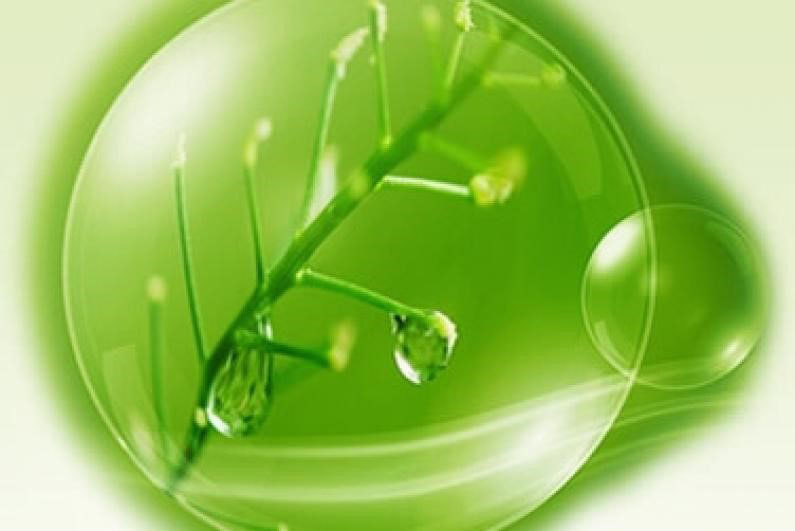 With COP26 dominating the news cycle, energy companies and our behaviour as consumers have come under the microscope once again. The reality of climate change has become even more real in the past months with increased wildfires, floods and soaring temperatures across the globe. A slew of well-articulated speeches has seen fingers pointing at the most powerful countries, and rightfully so, pleading with them to help developing nations make their industries more climate and environmentally friendly.
With COP26 dominating the news cycle, energy companies and our behaviour as consumers have come under the microscope once again. The reality of climate change has become even more real in the past months with increased wildfires, floods and soaring temperatures across the globe. A slew of well-articulated speeches has seen fingers pointing at the most powerful countries, and rightfully so, pleading with them to help developing nations make their industries more climate and environmentally friendly.
It all feels overwhelming and with time not being on our side, I can’t seem to shake the thought that in the end greed might just win. With big banks still funding oil companies and pledges instead of laws constantly being sanctioned as the order of the day for rich countries, our efforts seem insignificant. It feels as if we are in a race we simply can’t win. So when the dust from COP26 settles and the news agencies move on, it might be natural to feel our motivation level wane.
To live a green and environmentally friendly life is not only hard, but expensive as well. For some it can even be seen as classist, particularly if you are pushing people towards choices they simply can’t afford.
I don’t live a completely green life. Some days, out of sheer frustration I mix up my garbage because honestly I just don’t have the time to be dedicated enough to separate each piece into different containers. I am tempted to buy into fashion trends frequently, even when I know I may only use the garment for two occasions. I blame Instagram for this obsession of mine. I still long for holidays to far off destinations to feed my soul and would happily jump at a chance to travel in the wink of an eye.
To be sustainable and to be green means to take a deeper and more critical look at our choices and why we make them. It means to confront our vanity and become less centred with self. It also means that living green may look differently for all of us and will depend on where we live.
While it is still necessary to look to politicians and big oil giants for change, it is us too that give them a reasonable amount of power to carry on. They have just provided us with competing options to satisfy our needs. Perhaps we have become too comfortable with doing things the same way and maybe we don’t know where to start so we refrain from asking ourselves the most difficult questions. But all of the actions needed can’t come from a single place and neither can they come overnight.
While it is almost impossible to measure the carbon footprint of each product you consume, a good place to start is by negotiating with ourselves whether we truly need the things we buy or to do the things we do. For many of us the reality of climate change hasn’t personally impacted us as yet and this affects our ability to consistently think of it in our day-to-day lives as a threat that we should try to constantly defeat. Nevertheless, we shouldn’t wait until trouble comes knocking on our door to question how our habits impact the environment, regardless of how small an impact we imagine they make.

